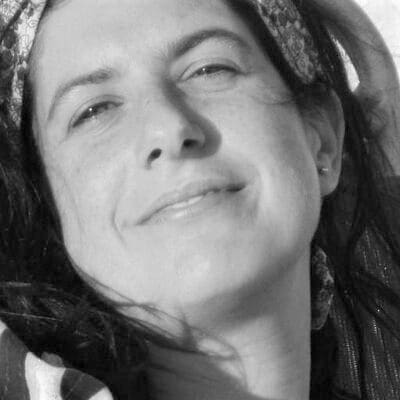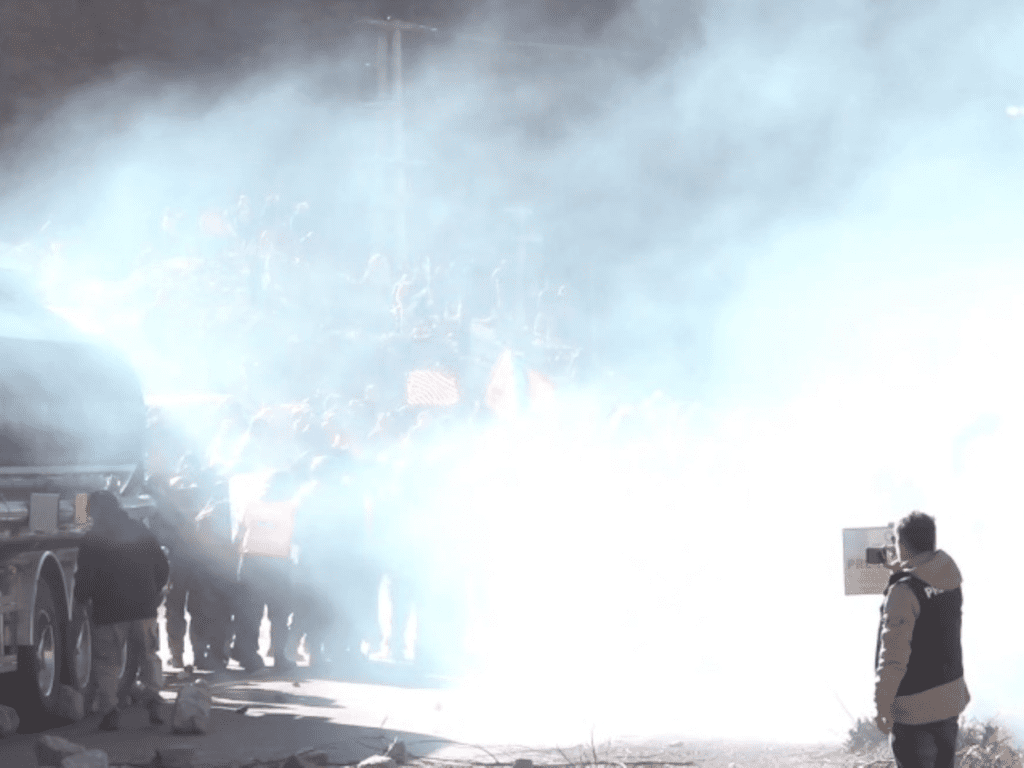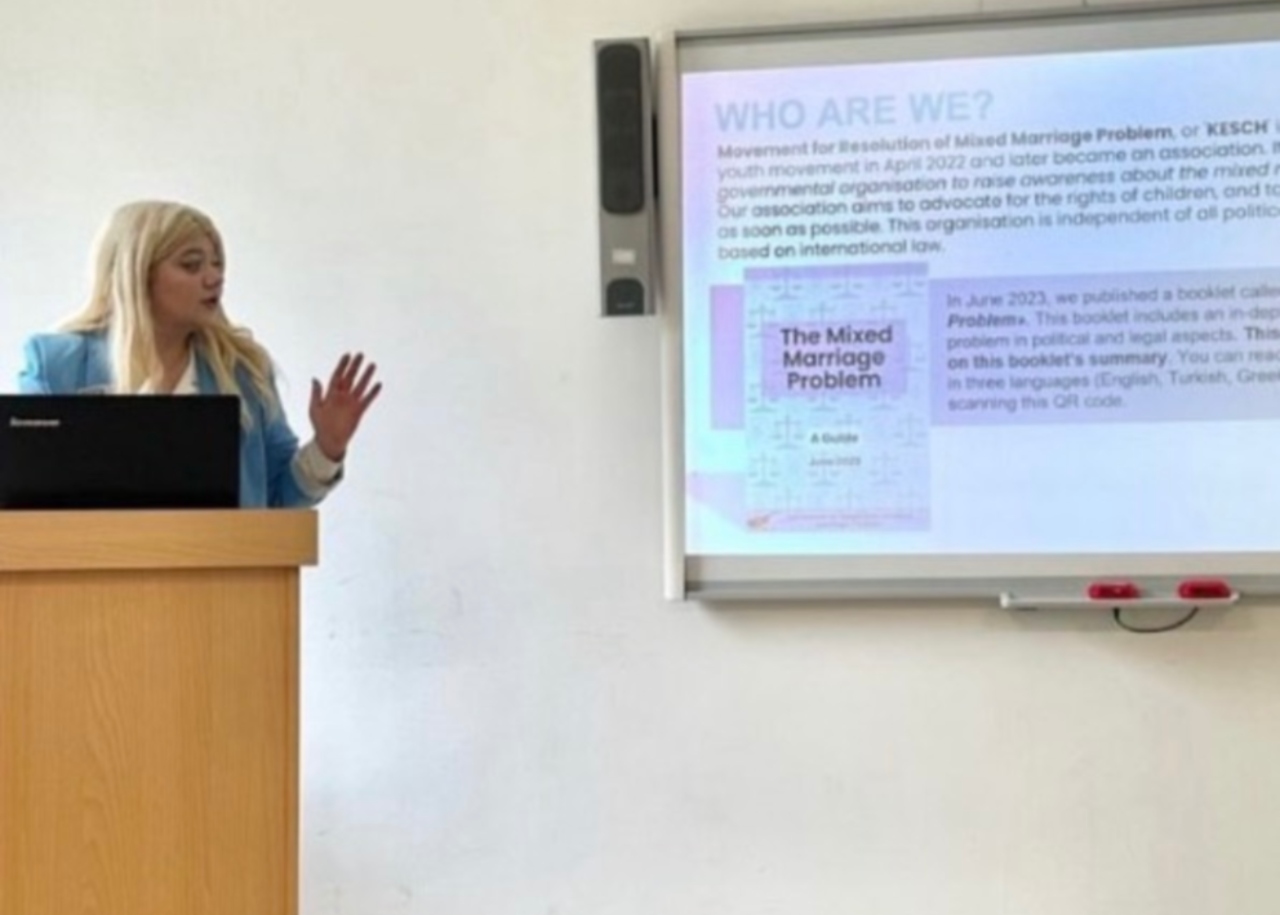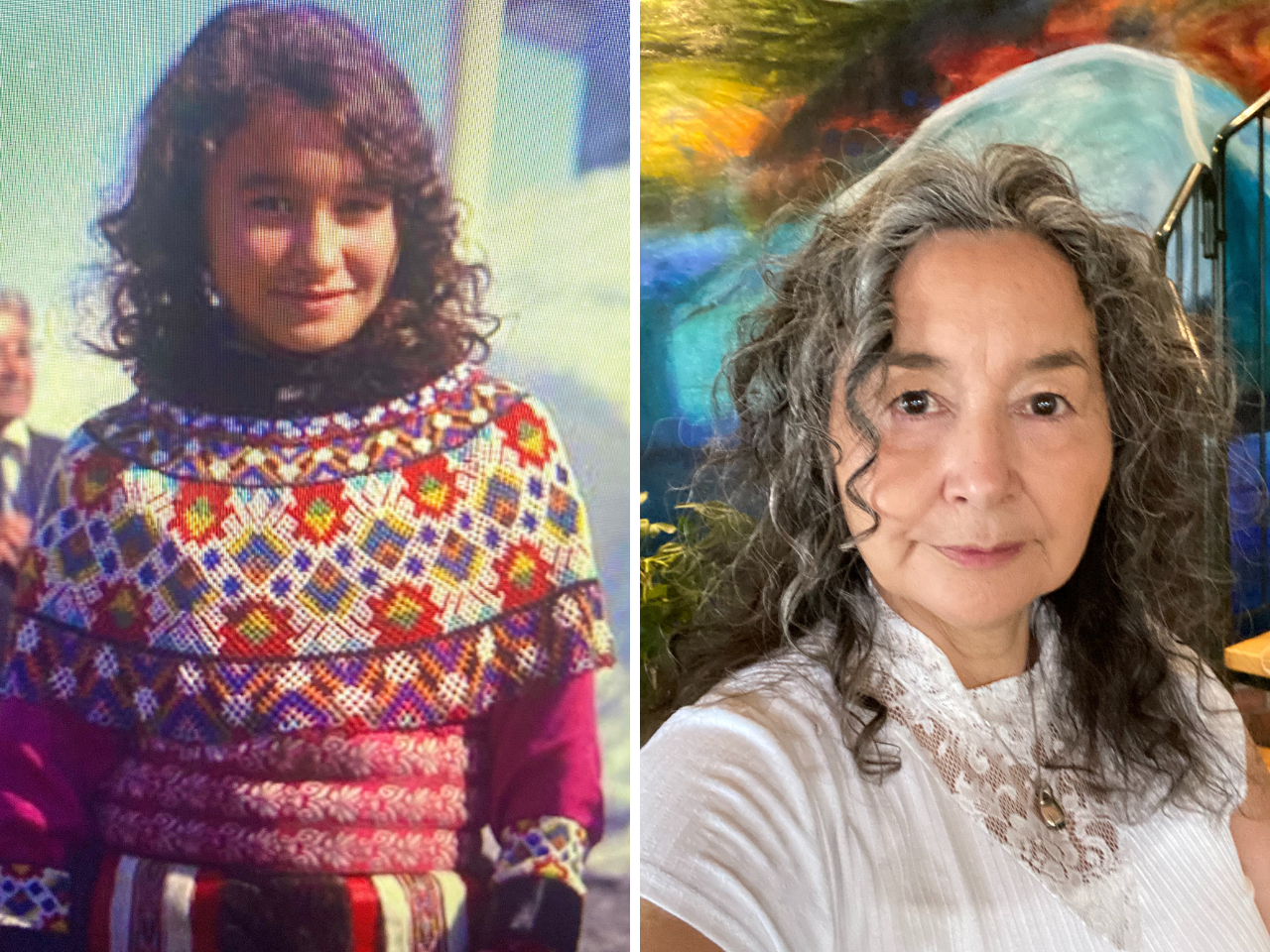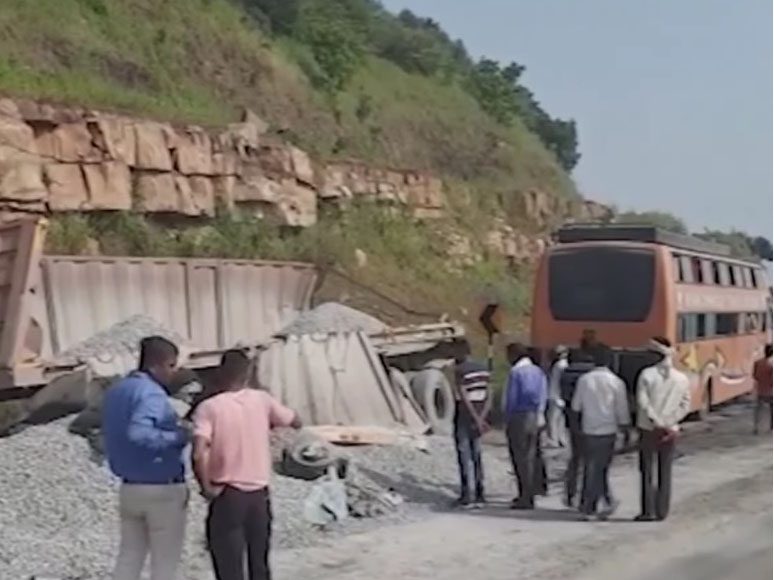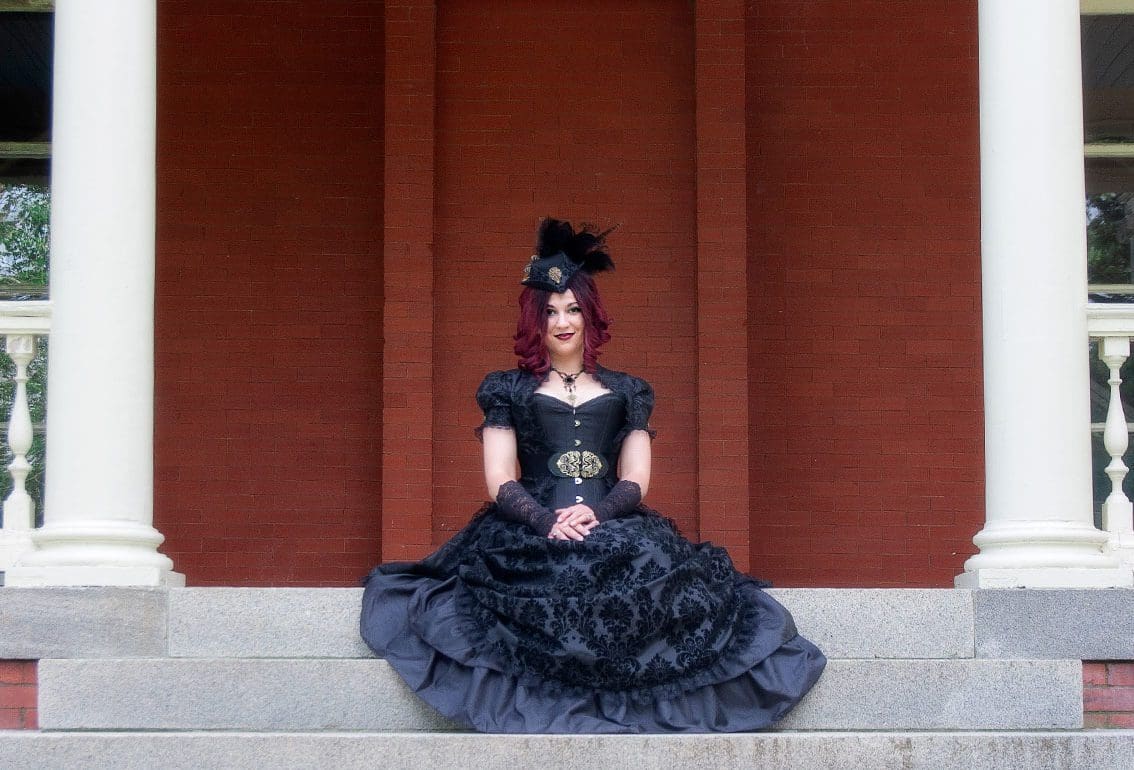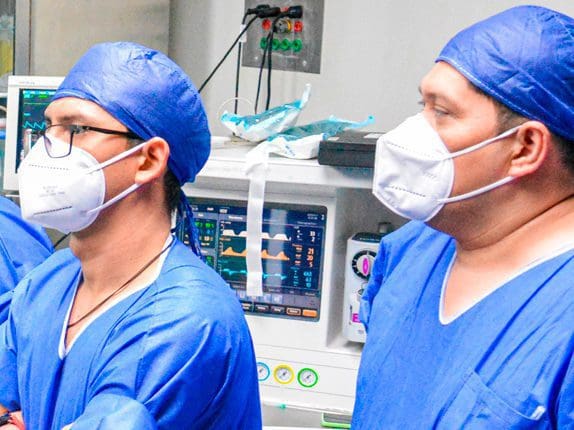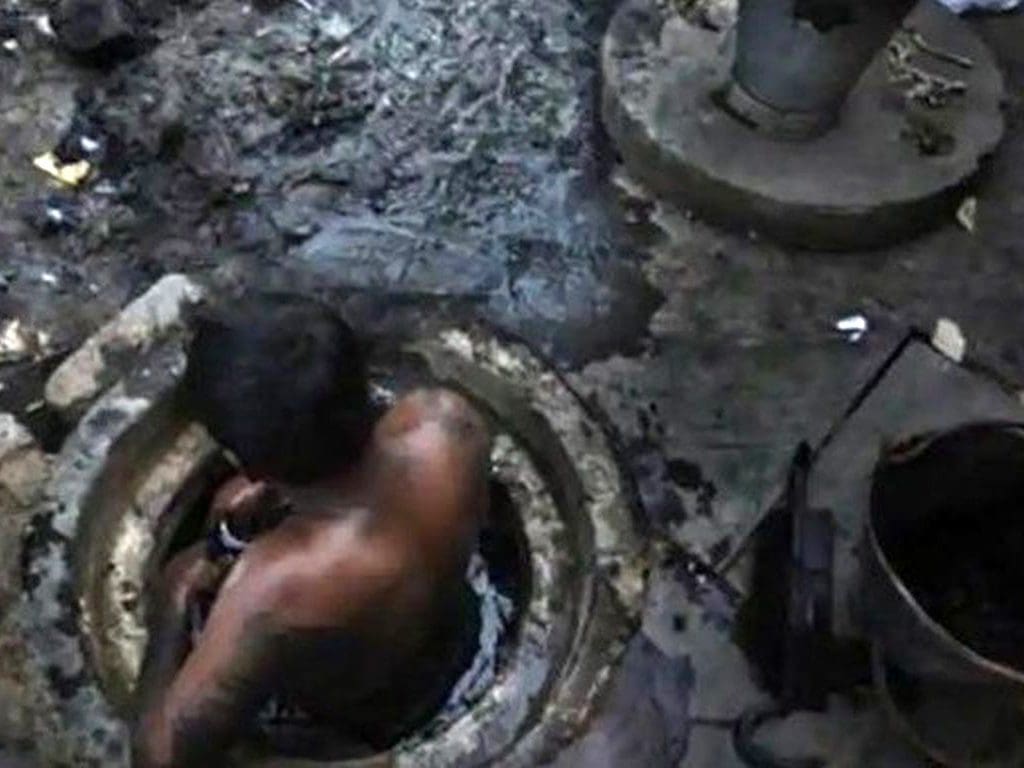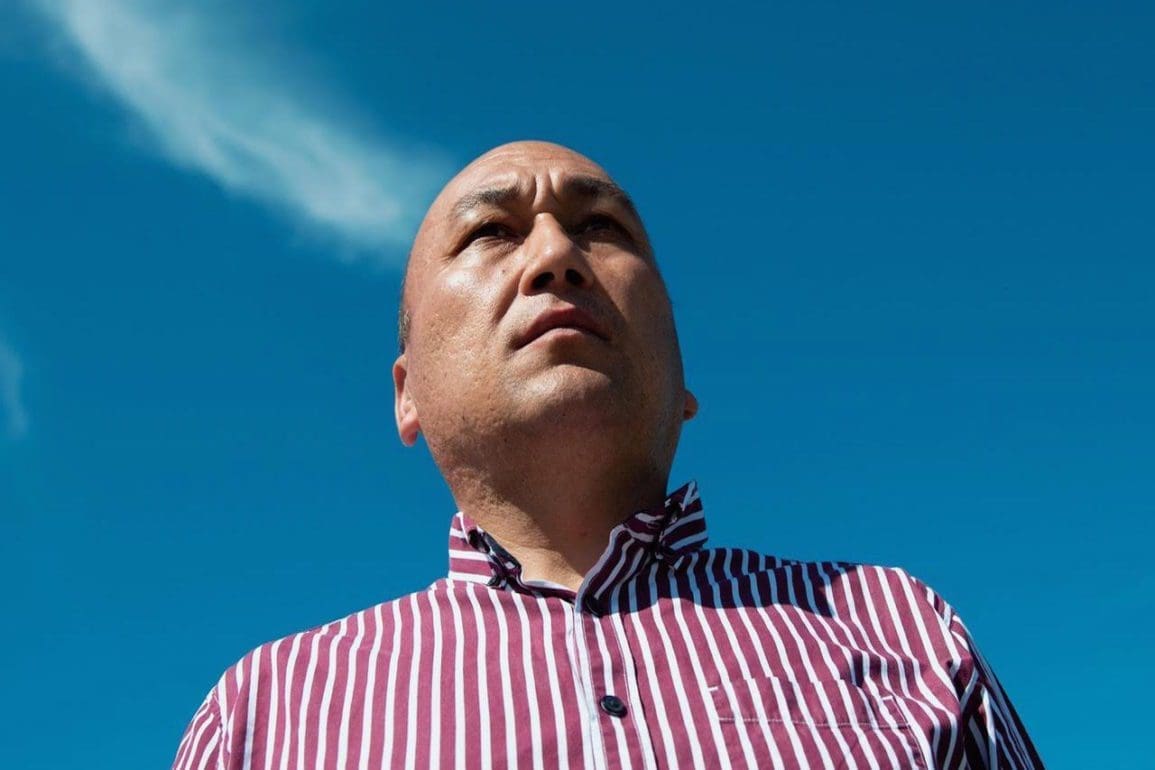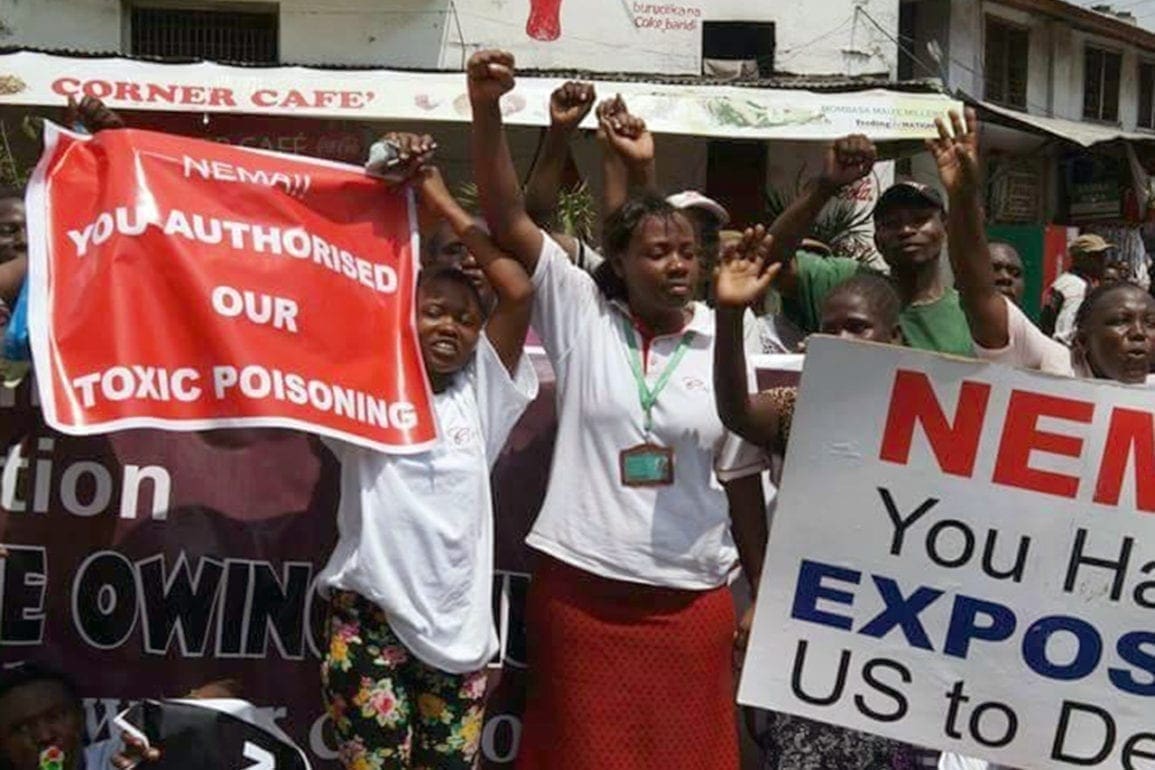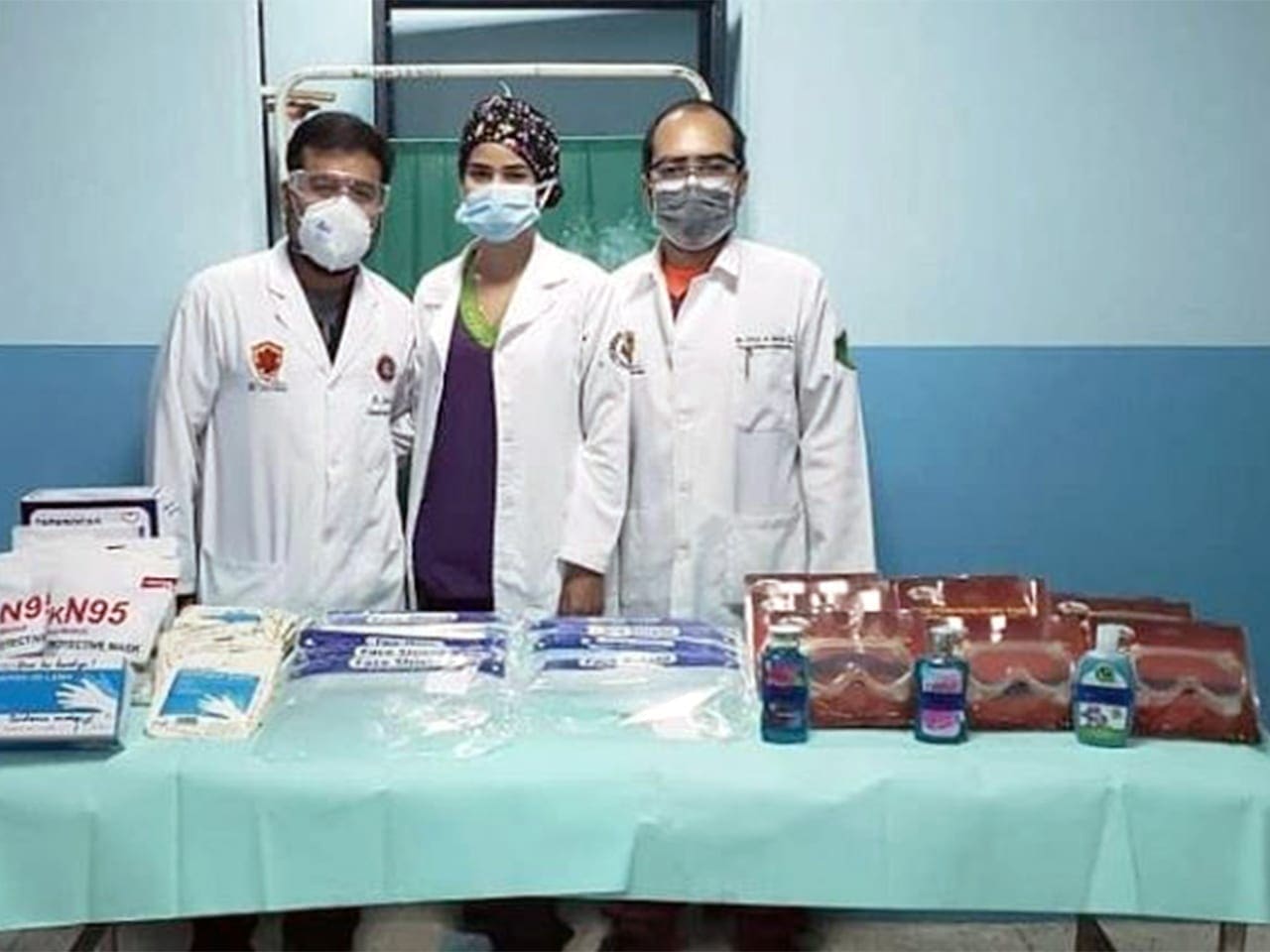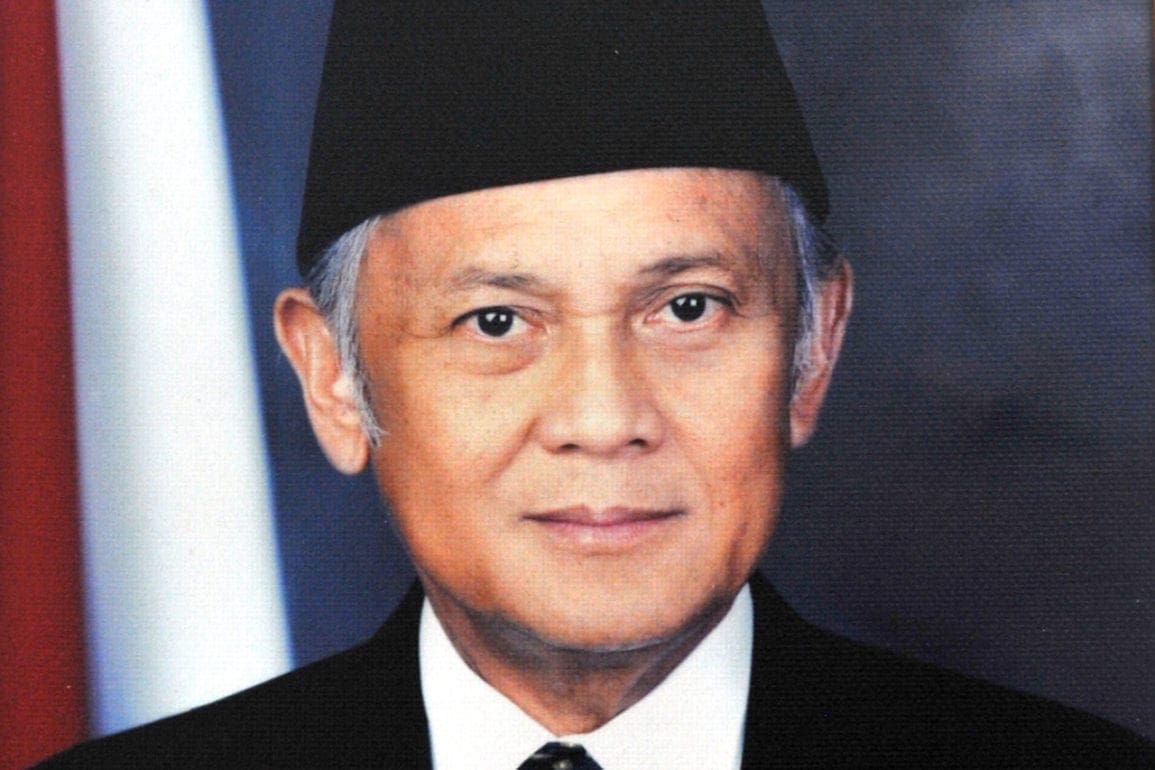Police use excessive force during protest, journalist speaks out
Within seconds, the sounds of guns firing rubber bullets rang out. Tear gas began to fill the air. The police began throwing stones and people had no time to react. The officers targeted nerve centers where protestors gathered. One young man lost an eye and another woman lay on the ground with pellets embedded in her face.
- 11 months ago
August 23, 2023
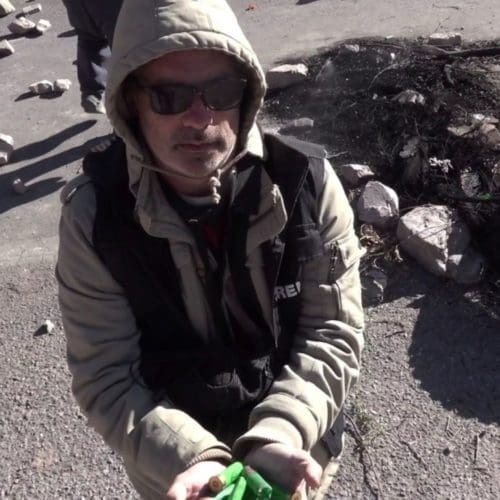
JUJUY, Argentina — In June 2023 I arrived in Purmamarca to cover the civil protests taking place. [The government of Argentina had fast-tracked constitutional reforms with no public participation, resulting in protests by teachers, indigenous people, and trade unions demanding better salaries.]
As I surveyed the scene, I sensed something unusual. Unlike similar protests I covered, the people were unafraid to express themselves and take to the streets. While they demonstrated peacefully, their anger and fatigue with the government seemed palpable. As I conducted interviews, teachers from rural areas described working all week long, then visiting families of students on weekends. Many came from profoundly impoverished areas themselves.
The setting I witnessed evoked images of past revolts and revolutions. Part way through the protests, a scream pierced the atmosphere. Natalia Morales, a member of the Chamber of Deputies, cried out in terror as the police began dragging her away. I tried telling the police she was an elected official. “You can’t take her without just cause,” I said. In that moment, they decided to arrest me too.
Read more conflict stories at Orato World Media.
Unprecedented violence breaks out as police attack peaceful protestors
When I first arrived in Jujuy in my capacity as a journalist, throngs of people marched to protest the reforms initiated by Gerardo Morales’ government. Their voices united in a thunderous cry as they shouted, “Enough,” and sang songs in unison. Large groups of tourists contrasted the swell of demonstrators, and it startled me. An encampment of 700 to 800 police officers from the Infantry Guard intensified the scene.
Seeing so many police ready to suppress people for asserting their rights brought up memories of news coverage I’d seen from countries like Bolivia and Peru. The demonstrators showed impressive organization. They regularly convened assemblies and radiated a sense of belonging and comfort.
As the hours wore on, the spark of conflict ignited when police left their base to inspect cars. The guardsmen acted swiftly. As they encountered protestors, if the people did not yield, the police attacked or apprehended them. I saw the police engage in conflict with women, teenagers, and children.
Within seconds, the sounds of guns firing rubber bullets rang out. Tear gas began to fill the air. The police began throwing stones and people had no time to react. The officers targeted nerve centers where protestors gathered. One young man lost an eye and another woman lay on the ground with pellets embedded in her face. “How can they shoot someone in the face with rubber bullets,” my mind cried out.
After interviewing bloodied protestors, the police turned their attention on me
Meanwhile, the journalists split up. Some of us went to work on the side of the police and others went to the protestors. That way, we had a better collective view of the unfolding events. As I bore witness to this historical moment – where communities fought intensely for their rights – it felt both incredible and agonizing.
This chaotic scene continued for about 90 minutes. Adorned in our press vests and carrying our credentials, cameras, and microphones, we tried to approach and interview people. Amidst the smoke and fighting, I took testimony from injured youth with bloodied faces and torn clothes; I spoke to women and older people.
While conducting my interviews, I heard Natalia Morales scream. That was the moment when the police arrested me for defending her. They herded me and Natalia into a van. Sitting inside we saw a tearful tourist and two other women. As the vehicle moved us to a police station in Voltan, fear and worry settled in. When they discovered the station had little staff available, they moved us again, this time to the Alto Comedero Prison in San Salvador.
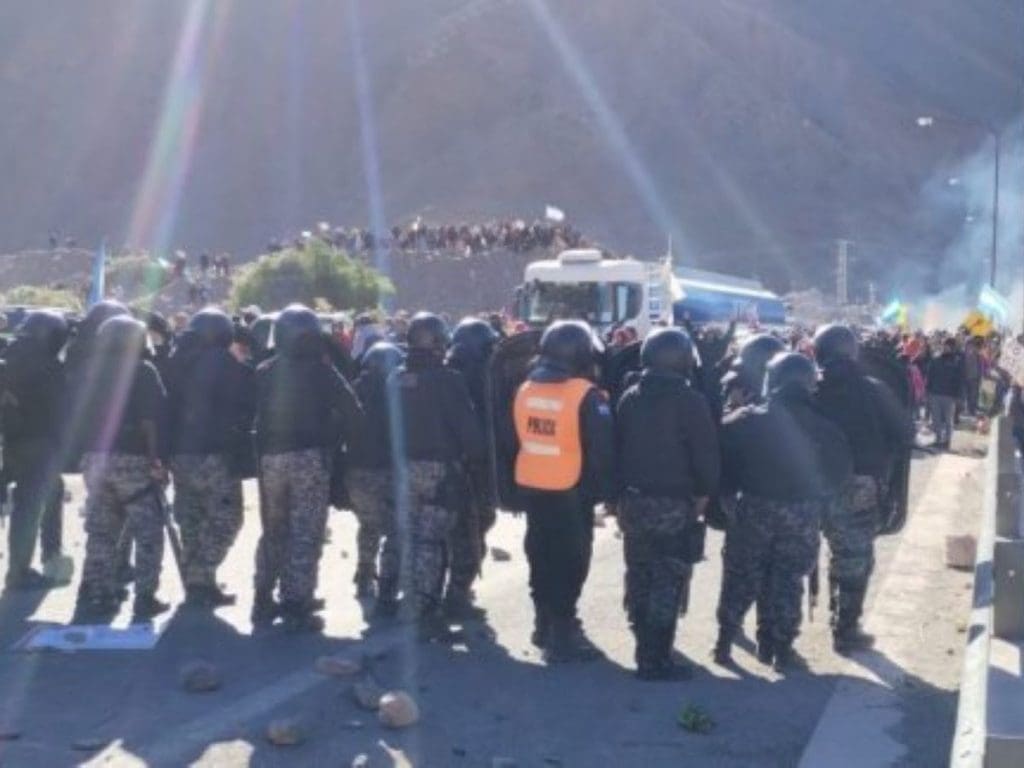
Along the way, I watched as the women endured beatings. At the prison gates, the cold air greeted us alongside an intimidating display of control. These faceless policemen, devoid of identification, subjected us to humiliating searches. More than once, they examined and undressed us, stripping off our clothing.
They took our belongings, including our cell phones, and placed them in transparent bags. I felt helpless, violated, and defenseless. When they finished inspecting us, they led us to the prison’s classrooms rather than complicating things by putting us in the regular wards.
The oppression we experienced only intensified our commitment
In total, 22 individuals including 13 men and nine women were arrested without cause. The police left us to languish in prison for 30 agonizing hours with no preceding legal justification. The group consisted of community members, human rights workers, journalists, and that single, unfortunate tourist.
During those 30 hours spent captive, we all felt a thick cloud of uncertainty and fear hanging over us. We often worried what might happen next. Though we felt terrified, the tourist appeared to have the hardest time. I stayed by his side to offer comfort as we waited for what felt like an eternity.
Somehow, even there, we found solace in each other. We shared learning experiences and used conversation to lighten the mood. I memorized the names and surnames of every single person who shared the ordeal with me. At one point I thought to myself, I want no privilege for being a journalist. I want to stay right here until all of us can leave together.
Eventually, they released us. When we stepped outside, we felt the sun touch our faces. Friends, family, and loved ones waited, glowing with joy and relief when we emerged. I watched as people embraced. The fear we felt melted into a beautiful unity. We walked out with our heads held high and our hearts infused with a newfound strength.
We committed, then and there, to continue fighting until we erased all traces of injustice. The experience only made us braver. It reinforced our collective resolve.
